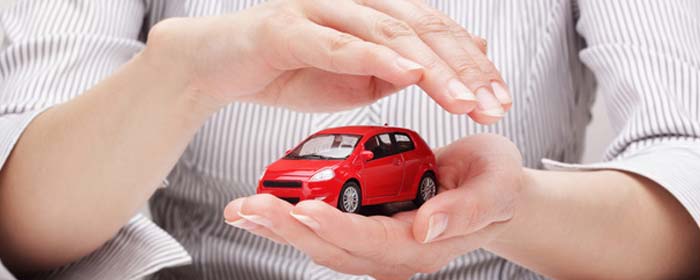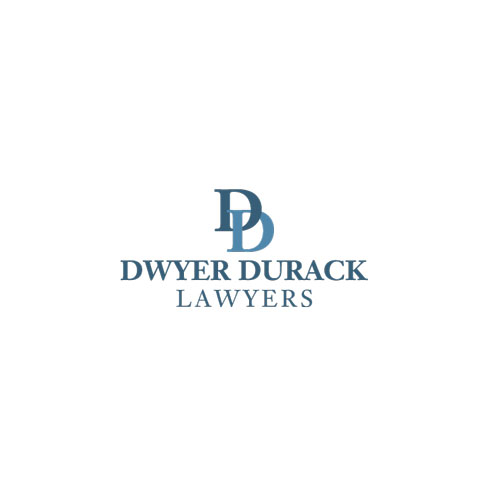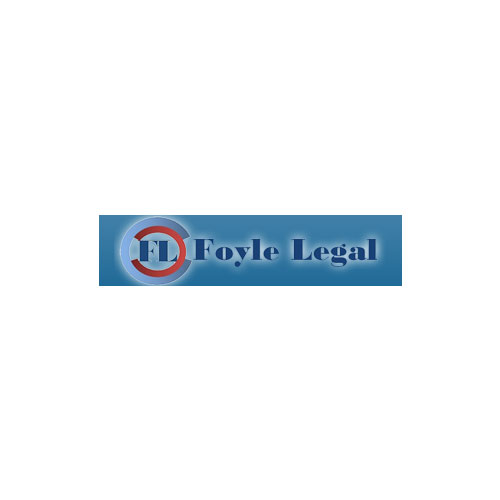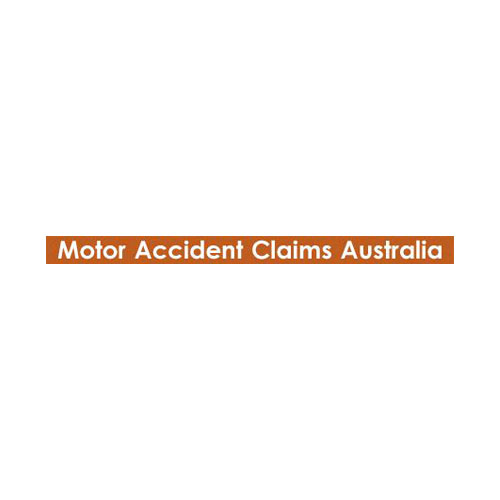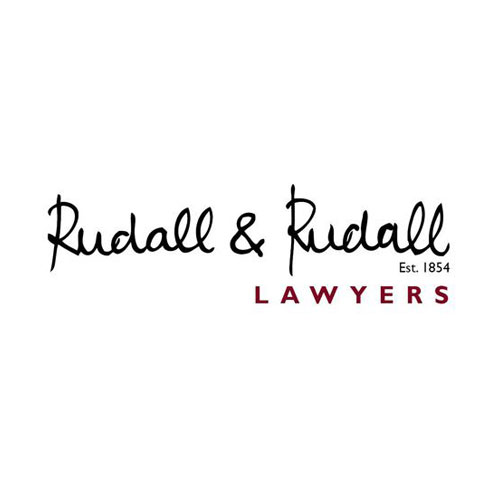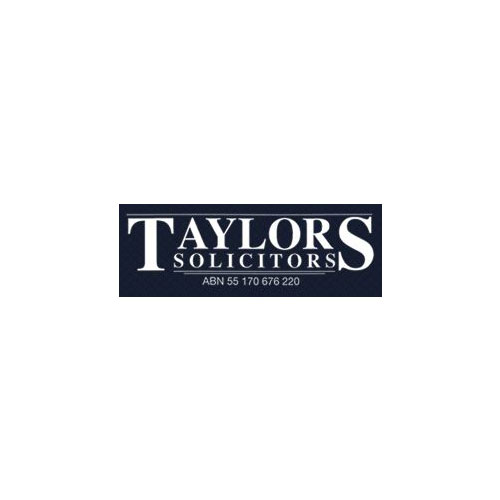If you are involved in an accident in, the onus is in you, the claimant to prove the extent of your losses due to injuries and material damages.
In the case of accidents on the road and those occurring to employees at or on the way to work, negligence does not need to be proven.
It is important to note that as a third party, you are not eligible to claim directly from the responsible party’s insurer. Instead, you should make a direct claim from the responsible party, who will in turn hand over any correspondence and legal documents to his/her insurer. If that person/business is not insured then you will be claiming directly from their assets. If their assets do not cover your expenses and/or losses, then your claim will probably not be successful.
The duty of the insurer to the responsible party is to ensure that he/she is cleared of legal liability regarding damages to individuals. Insurers will generally only respond to claims that would foreseeably win in a court of law. The rights of the insurer regarding the claim will be stipulated in the insurance policy with the insured. Essentially, the purpose of the insurer in third party insurance is to take over the responsibility of the insured party. However, when you claim from your insurance for an accident that resulted from your negligence, know that most insurance companies include a clause that admits fault on your behalf.
What is third party insurance?
A third party is defined as a person or group apart from two other parties, who are primarily involved in a legal transaction, such as an individual and his/her insurer. An example of this is the Compulsory Third Party Division (CTD) of Western Australia, which insures drivers and the government against injuries arising from accidents on the road. In the case of a car accident, where a person has driven blindly into an intersection and into the side of another car, third party insurance would cover damage to the other person’s vehicle, that person and any passengers involved.
Another example would be moving insurance that protects moving companies from damages to material goods while they are being relocated.
Do you need to claim as a third party?
If you have been involved in a vehicle accident or accident involving another’s property, where you were not at fault, you may want to claim back for damages from the insured party. In order to do this, you must attempt to prove the extent of loss you suffered, as a result of the incident.
In order to claim from the responsible party:
- You, as the claimant, must first prove that the damages suffered by you were the direct result of the incident. This will require a medical report from an accredited physician.
- You must prove negligence on the part of the insured party
- You must prove that the repairs and compensation will return your material damages to the state they would have been in, if the accident had not occurred.
To summarise
- An injured party may only claim against the responsible party and not directly against the insurer (third party)
- If the insurer agrees to discharge the responsible party of liability, and takes over the defence, then the insurer and the injured party will interact to come to an agreement
- The insured may not induce the insurer to become prejudiced towards the injured party or compromise their policy
- Cooperation of the insured party is required
- The insurer is only obligated to settle the claim to the extent that the policyholder is legally responsible. If further compensation is required, it will have to come directly out of the defendant’s pocket.
What can you claim for?
- Medical expenses: hospital stay, surgery, doctors consultations etc.
- Losses resulting from inability to work
- Compensation for pain, loss, trauma
- Compensation for material damages
- Loss of support
- If the person injured or killed in a car accident was legally bound to support you, and also the breadwinner of your family and financial support, you can claim for loss of support, e.g. food, housing, clothes
Preparing to see your lawyer
Before seeing your lawyer, it may help things run smoothly if you are prepared.
Try to have as many of the following relevant documents at your appointment:
- Identity document
- Documentation of the accident and damage caused
- Registration number of the car that caused the accident
- Police case number
- Personal details of the individuals involved in the accident and those of the responsible party
- Personal details of any witnesses to the accident
- A hospital patient number (if you have one)
If claiming for loss of support, a death certificate and copy of the latest payslip may be required.
Don’t worry if you don’t have these things, your solicitor will help you collate necessary documents and reports.
Due to the wide variety in third party claims, and the different laws regarding claims in the different states and territories in Australia, it is not always easy to figure out who the responsible party is and the manner in which a successful claim can be proven. This is why seeking the advice of a lawyer specialised in third party claims is recommended. This won’t cost you an arm and a leg, because most firms offer a free first consultation to assist you in figuring out your claim.
